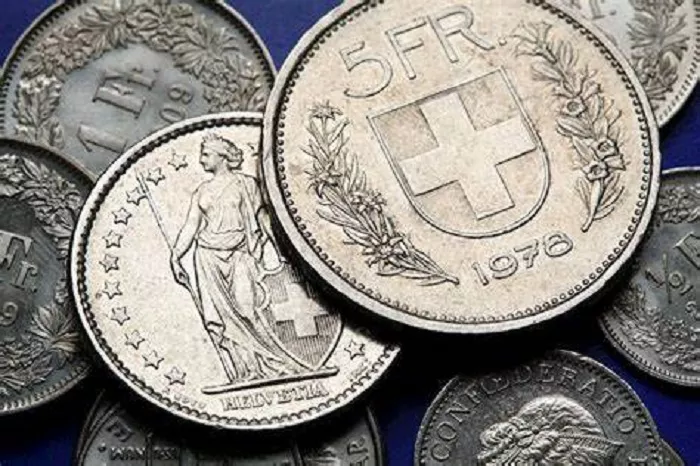In the early European session on Monday, the USD/CHF currency pair continued its downward trend, slipping below the key 0.8800 mark to around 0.8790, registering a 0.18% loss on the day. This decline was primarily driven by a confluence of factors, with trade war concerns and geopolitical tensions taking center stage.
Trade War and Geopolitical Pressures Weigh on the US Dollar
The market is on edge ahead of US President Donald Trump’s planned tariff announcement on Wednesday. Trump disclosed on Sunday that the reciprocal tariffs will be applicable to all countries, dispelling earlier speculations of a more targeted approach towards a select group of nations with significant trade imbalances. This broad – based tariff plan has stoked fears of an all – out global trade war, which, in turn, has led investors to seek the safety of the Swiss Franc (CHF), a well – known safe – haven currency.
Adding to the market unease are the ongoing geopolitical tensions. Israel’s resumption of airstrikes in Gaza and its troop deployment in Syria, along with the US stepping up its attacks on Houthi rebels in Yemen, have heightened the sense of global instability. Moreover, Trump’s threat to impose secondary tariffs of 25% to 50% on buyers of Russian oil if he perceives Moscow as obstructing efforts to end the Ukraine war has further exacerbated geopolitical risks.
Fed’s Daly’s Outlook Adds to Dollar Weakness
San Francisco Federal Reserve Bank President Mary Daly’s remarks on Friday also contributed to the US Dollar’s (USD) weakness. Daly indicated that she still views two interest – rate cuts this year as a “reasonable” projection. Although she acknowledged that robust economic indicators might allow Fed officials to delay rate cuts until they assess how businesses cope with tariff costs, the market has already factored in about two quarter – point rate cuts this year, with the first expected in July, according to the CME FedWatch tool.
The Swiss Franc: A Safe – Haven in Turbulent Times
The Swiss Franc’s status as a safe – haven currency is well – established. Switzerland’s stable economy, strong export sector, substantial central bank reserves, and its long – standing policy of neutrality in global conflicts make the CHF an attractive option for investors during times of market stress. In the current climate of trade war fears and geopolitical unrest, the demand for the CHF has increased, putting downward pressure on the USD/CHF pair.
The value of the Swiss Franc is also influenced by various other factors. The Swiss National Bank (SNB), which meets four times a year to decide on monetary policy, plays a crucial role. The SNB aims to keep the annual inflation rate below 2%. When inflation is above or expected to be above this target, the bank may raise its policy rate, which is generally positive for the CHF as it attracts more investors seeking higher yields. Conversely, lower interest rates can weaken the currency.
In addition, Switzerland’s economic data, such as economic growth, inflation, current account, and central bank currency reserves, can have a significant impact on the CHF’s valuation. Given Switzerland’s dependence on the Eurozone, the monetary policy of the Eurozone also has a profound effect on the Swiss Franc. The two currencies are highly correlated, with some models suggesting a correlation of over 90%.
As the week progresses, traders will be closely monitoring Trump’s tariff announcement on Wednesday, as well as any further geopolitical developments. These events are likely to have a significant impact on the USD/CHF pair and broader financial markets.
Related Topics:
USD/CHF Surges Towards 0.8850 as SNB’s Non-Committal Policy Spurs Market Activity
USD/CHF Lingers Near 0.8800 as Traders Anticipate Central Bank Moves
USD/CHF Breaks Key Resistance, Eyes Further Upside Toward 0.9144


